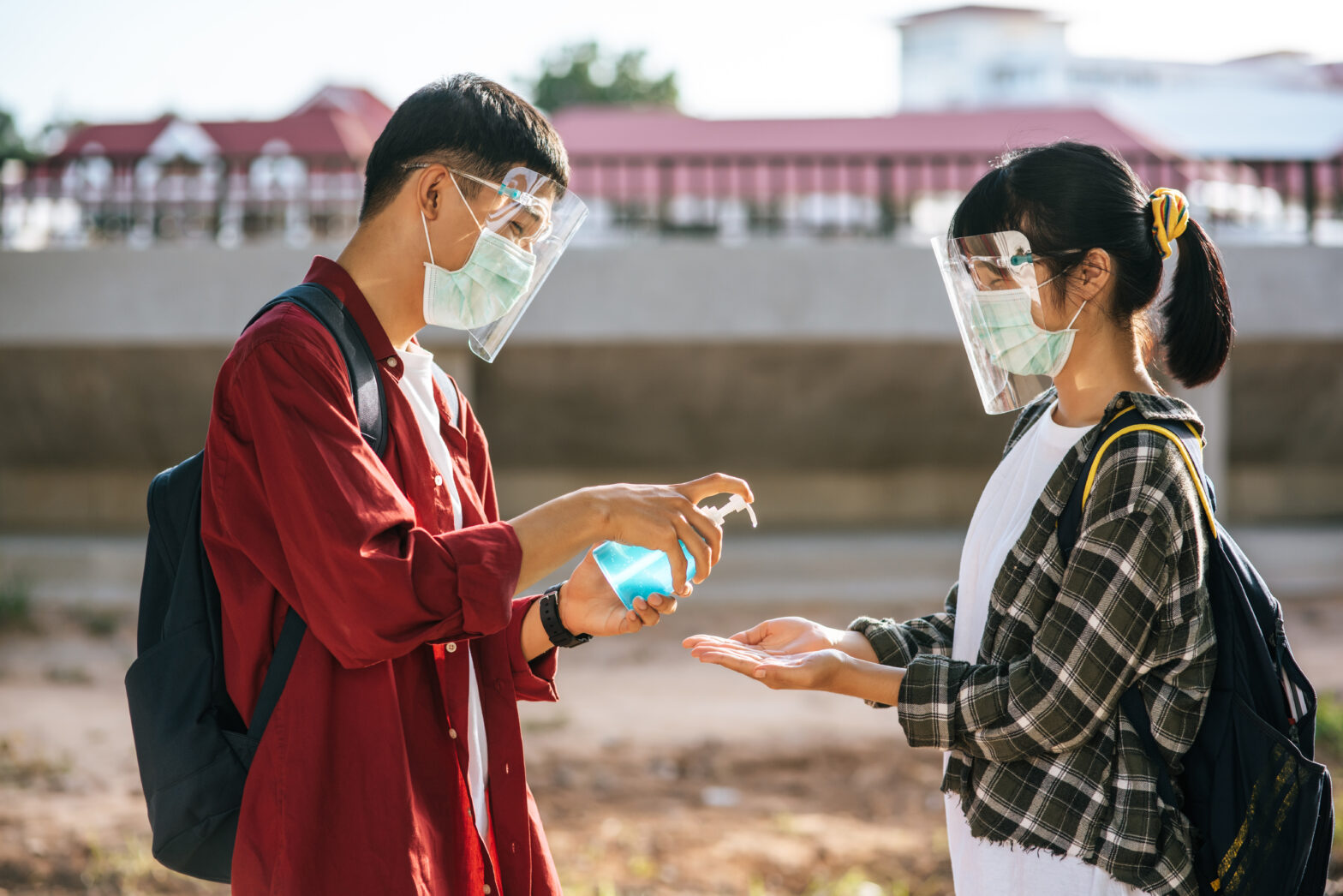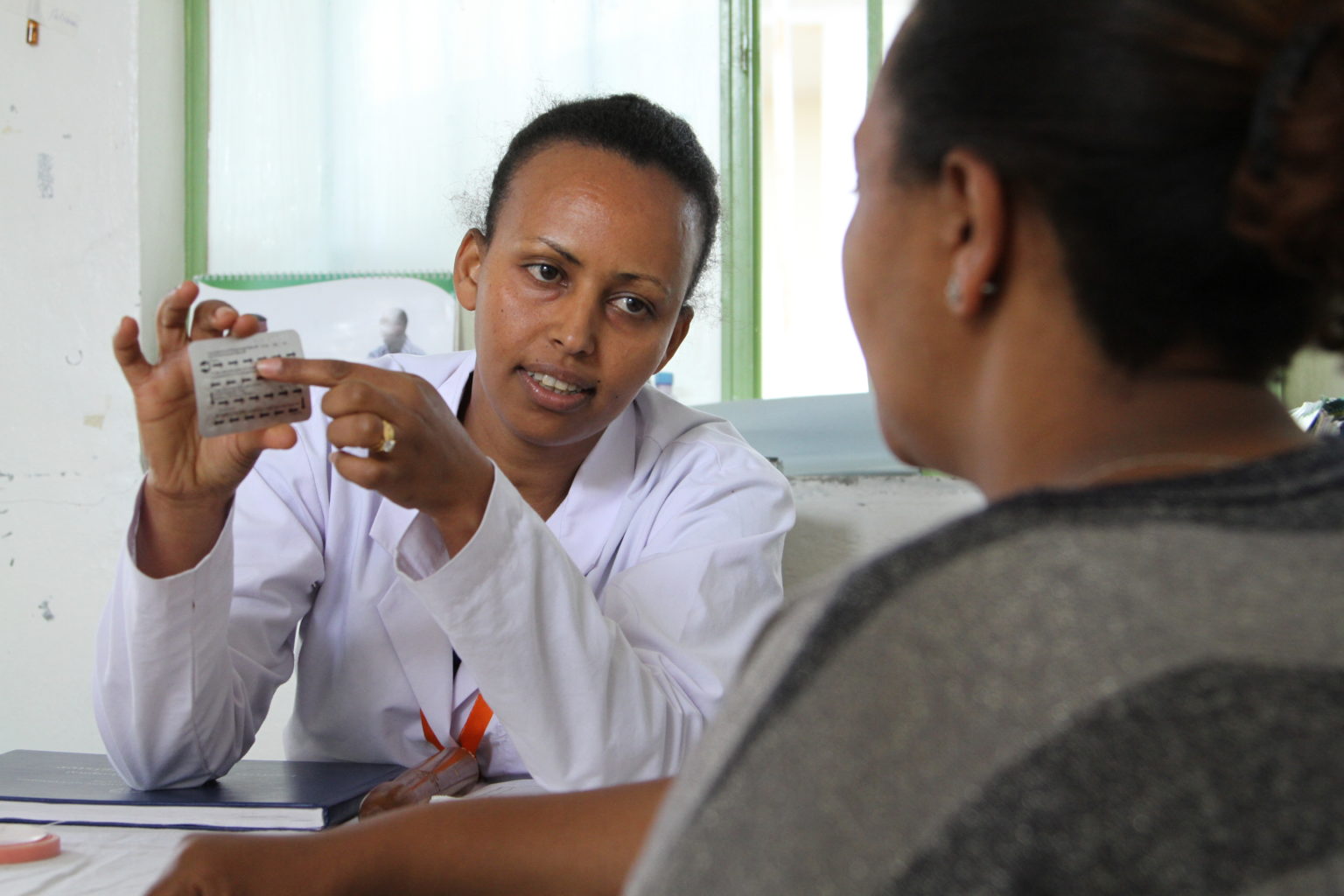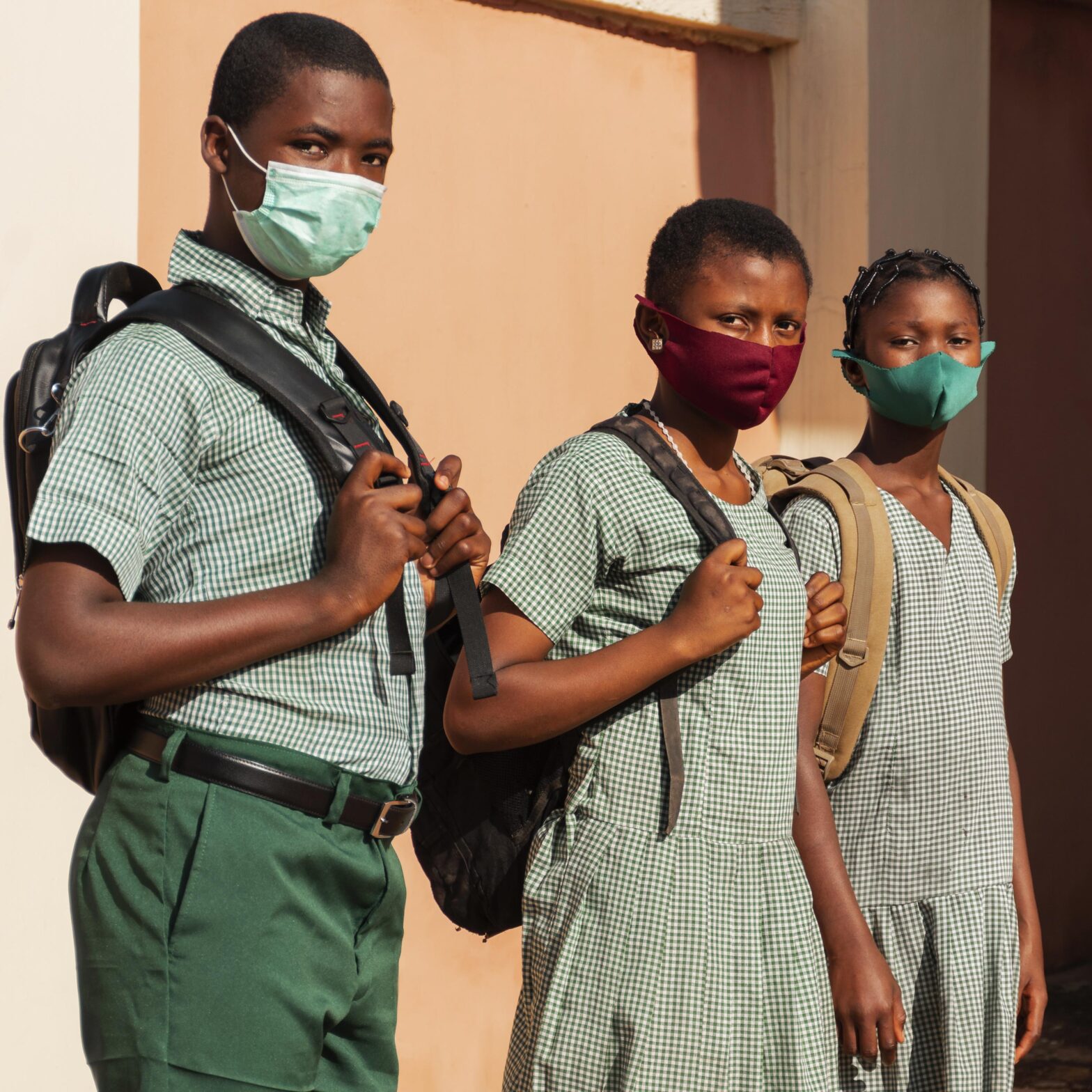Efforts by India to address the COVID-19 health pandemic seem to be yielding positive results.
Category: In the News
Coronavirus in India: Mitigating the health effects of COVID-19 beyond the immediate
Speedy and agile efforts to address the COVID-19 pandemic by India's national and state governments, NGOs, and, in some cases, the private sector seem to be yielding positive results. From augmented resources for health care to the manufacture of personal protective equipment needed to protect health workers to the social solidarity and the overwhelming support from all corners. This essay explores what's working in India at the moment and asks what could be next.
Netherlands Announces Additional Support for the GFF to Continue Essential Health Services in COVID-19 Response
The Government of the Netherlands announced it is contributing 10 million euros (US$11.24 million) to the Global Financing Facility (GFF) to help low- and lower-middle-income countries ensure continuation of essential health and nutrition services for women, children and adolescents as they respond to the COVID-19 pandemic. The new contribution will enable the GFF to provide rapid support to countries to redesign health service delivery approaches to protect critical care, keep frontline health workers safe, and to ramp up risk communications and community engagement during the crisis.
Remaining Vigilant about SRHR during the COVID-19 Pandemic
“As I write this, governments, health systems, healthcare professionals, communities, institutions, and individuals are working to address the COVID-19 pandemic. Such crises often exacerbate systemic challenges, such as gender inequality and the lack of sexual and reproductive health and rights (SRHR). Throughout the COVID-19 response and recovery, EngenderHealth will work to ensure SRHR priorities are… Continue reading Remaining Vigilant about SRHR during the COVID-19 Pandemic
Africa can’t let maternity care slide during the coronavirus pandemic
Amid global commitments to defeat, or at least minimise, the pervasive effects of the COVID-19 pandemic, the impact on the African continent remains unclear. African governments have moved quickly to mobilise resources and strengthen their emergency preparedness and response capacities.
Archbishop of Uganda urges women to use contraception during lockdown
The new archbishop of Uganda has become the first primate of the country’s Anglican church to embrace the use of modern contraceptives after urging women to be “very careful” to avoid getting pregnant during the Covid-19 lockdown.
COVID-19 Contraception and Family Planning
Contraceptive and Family Planning services and supplies are CORE components of essential health services and access to these services is a fundamental human right.
Open Access Contraception in the Era of COVID-19
As medical systems, clinics, and communities prepare to meet an unprecedented threat causing increased demands for the care of people with COVID-19, strategies to mitigate virus spread and optimize health care resources are evolving and will need to be country specific.
Coronavirus Outbreak in Cameroon: Gender is not a side issue!
Taking a gender perspective of the COVID-19 outbreak affecting Cameroon is not a luxury – it’s essential to a safe public health response for all. Disease outbreaks affect women and men, girls and boys differently, due to sex but also to pre-existing gender inequalities. Girls, boys, women and men are all exposed to different risks given the different roles they play in families and communities. The gender inequalities that existed before the coronavirus crisis also mean that they will have different coping capacities and distinct abilities to recover. Understanding these differences is essential for creating effective and equitable interventions for everyone.
Infection-control supplies delivered to Viet Nam maternal health facilities amid COVID-19 pandemic
Health experts in Viet Nam are calling for efforts to ensure continuous access to maternal health care amid the growing COVID-19 pandemic. More than 260 cases of COVID-19 have been confirmed in the country, mostly in and around Ha Noi City.









